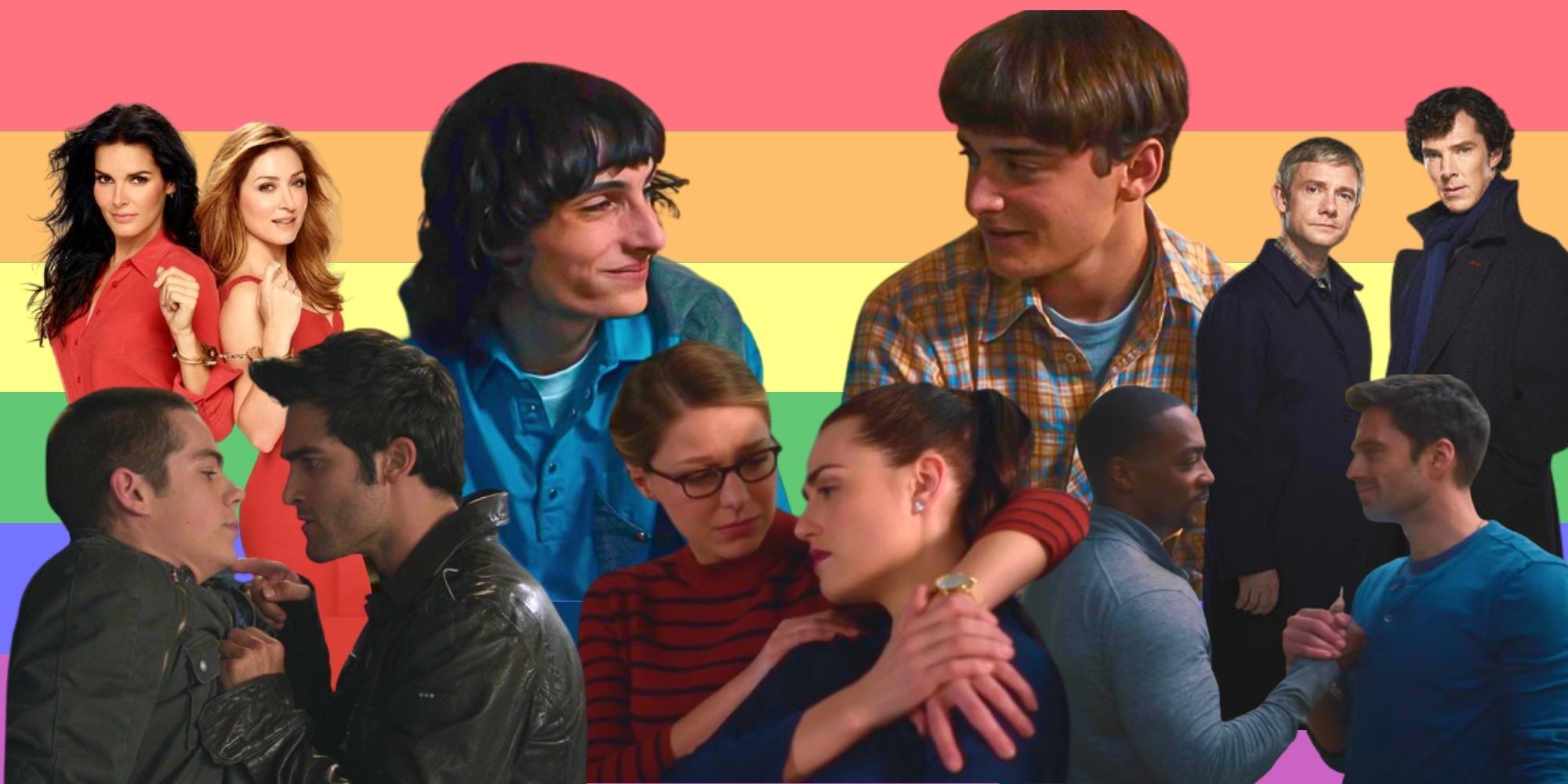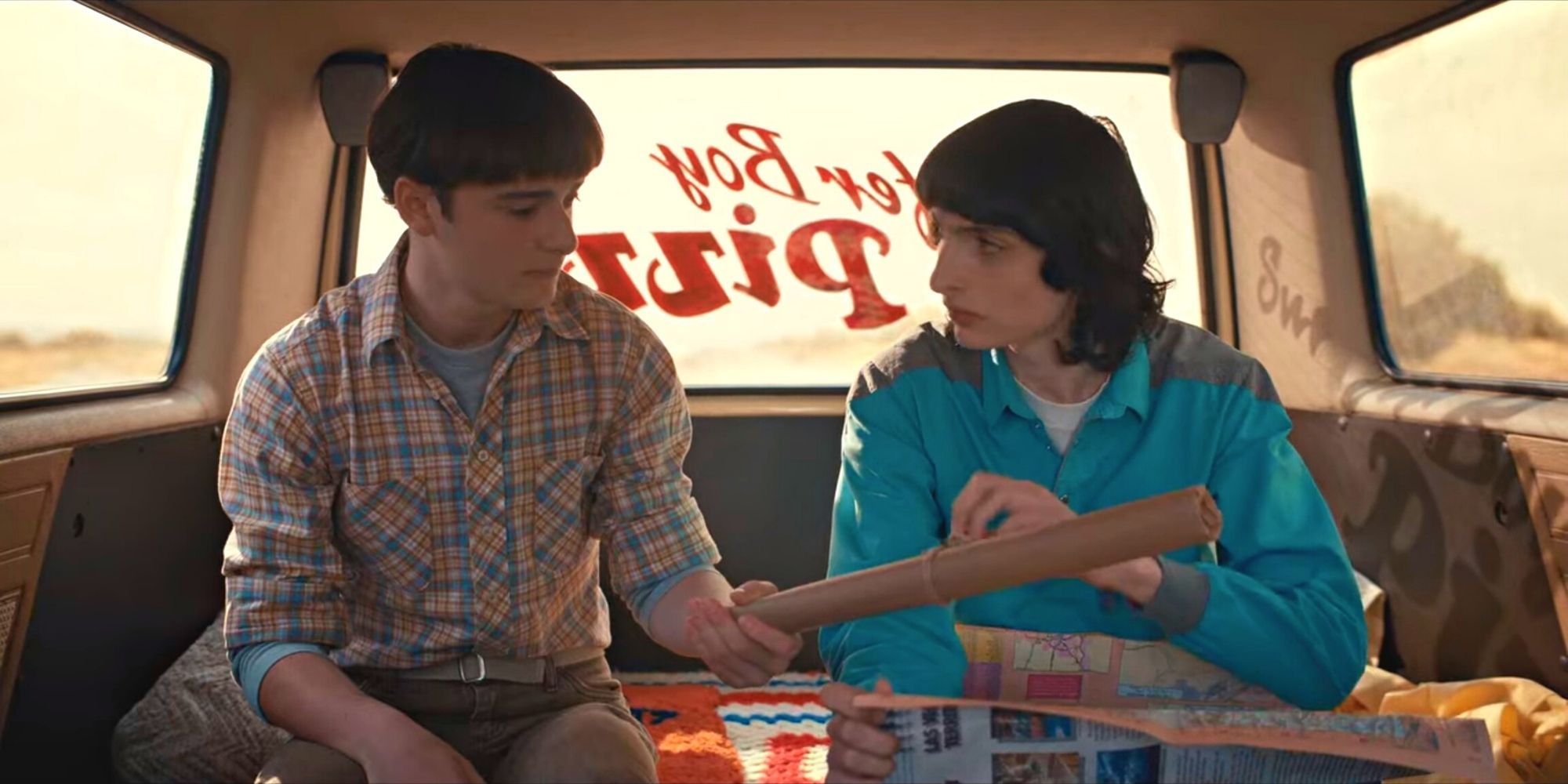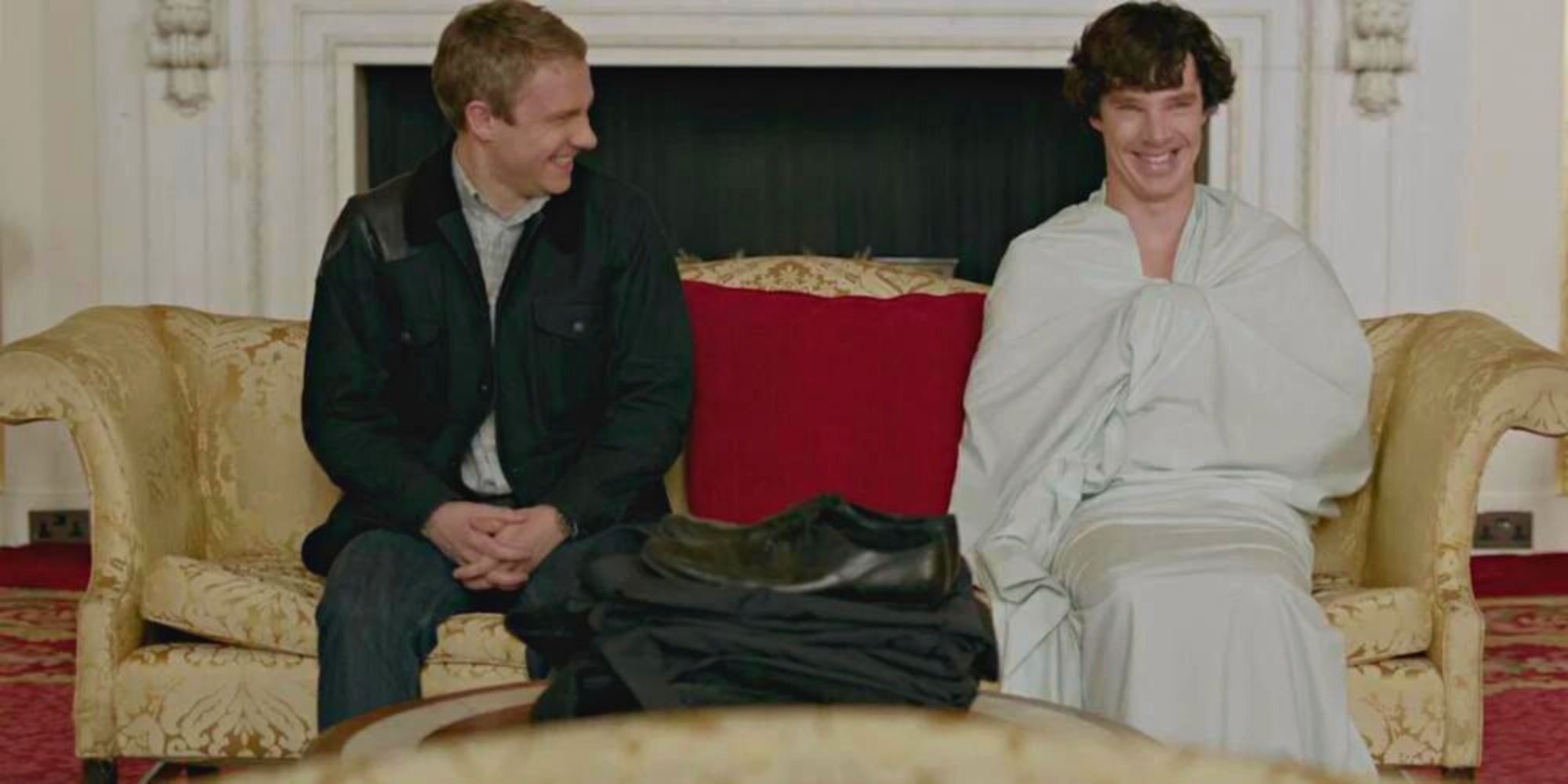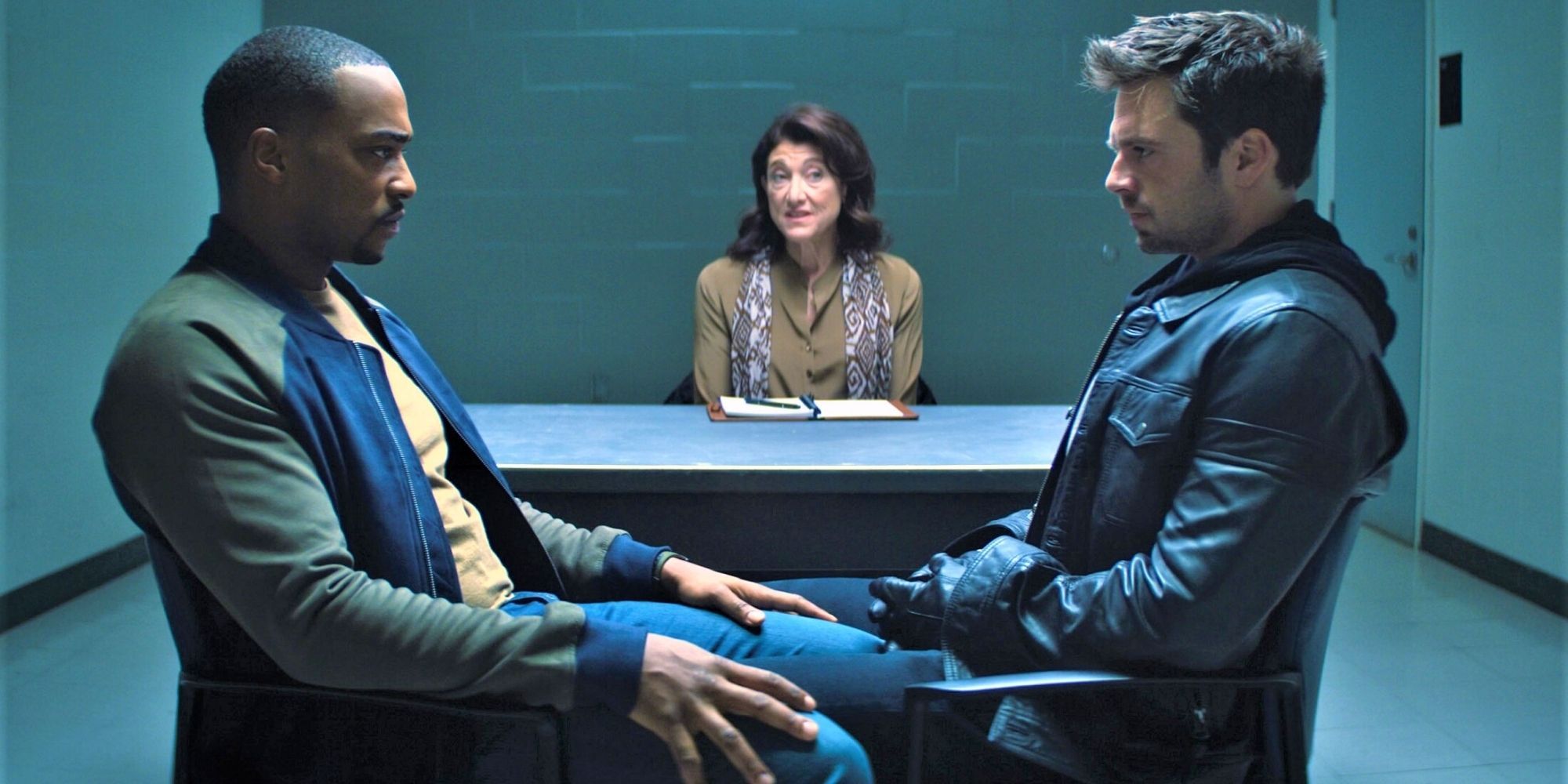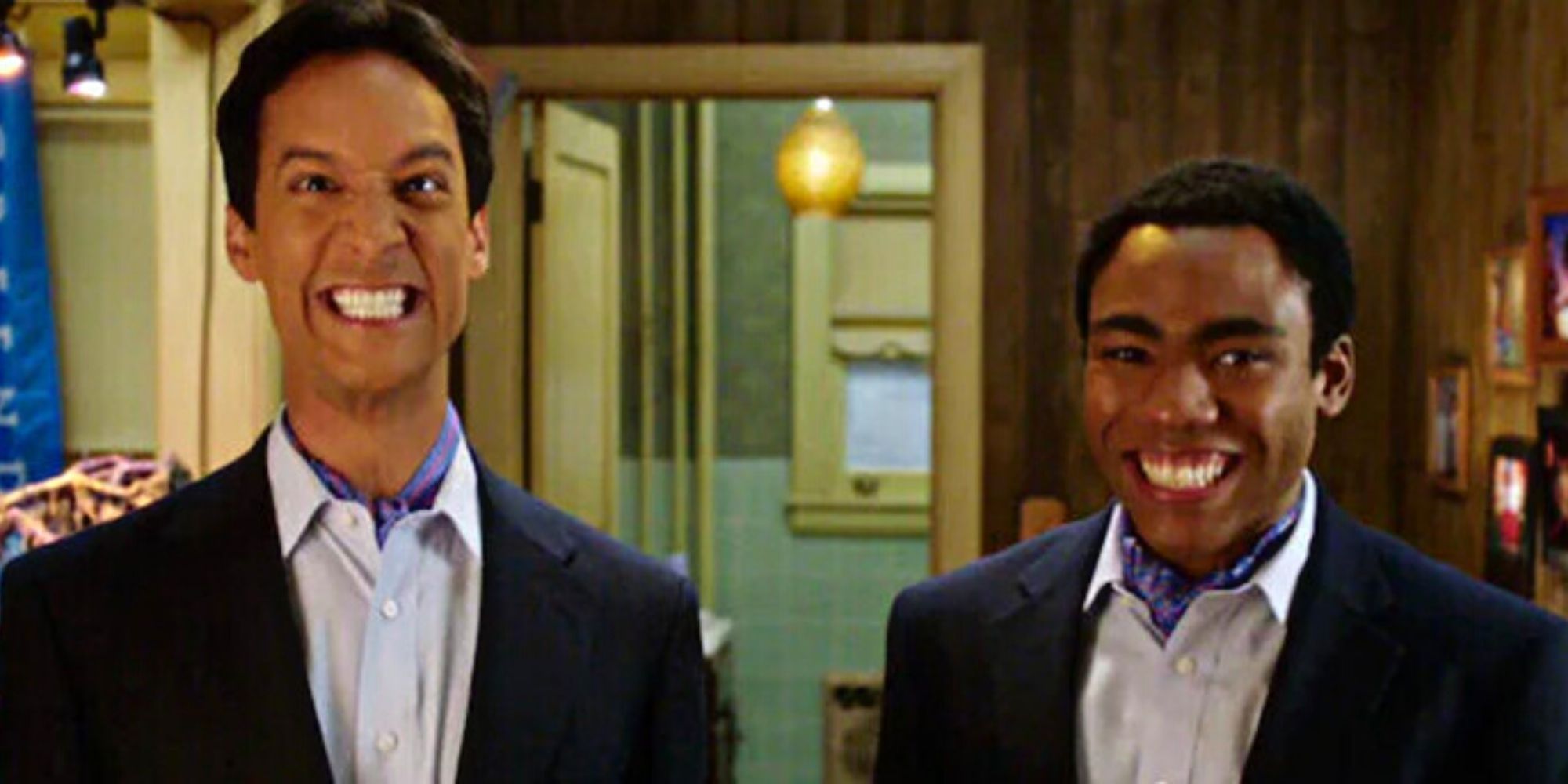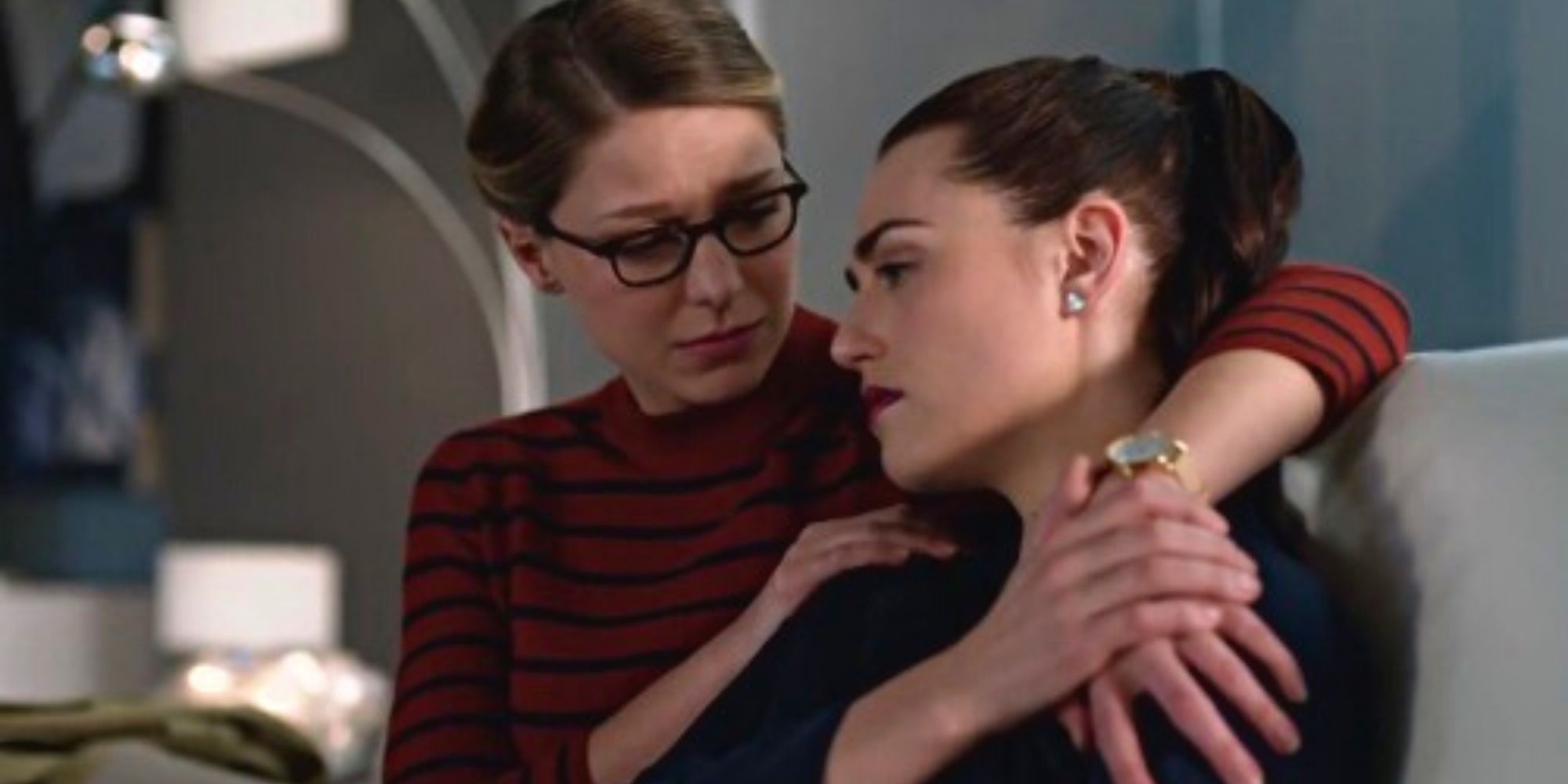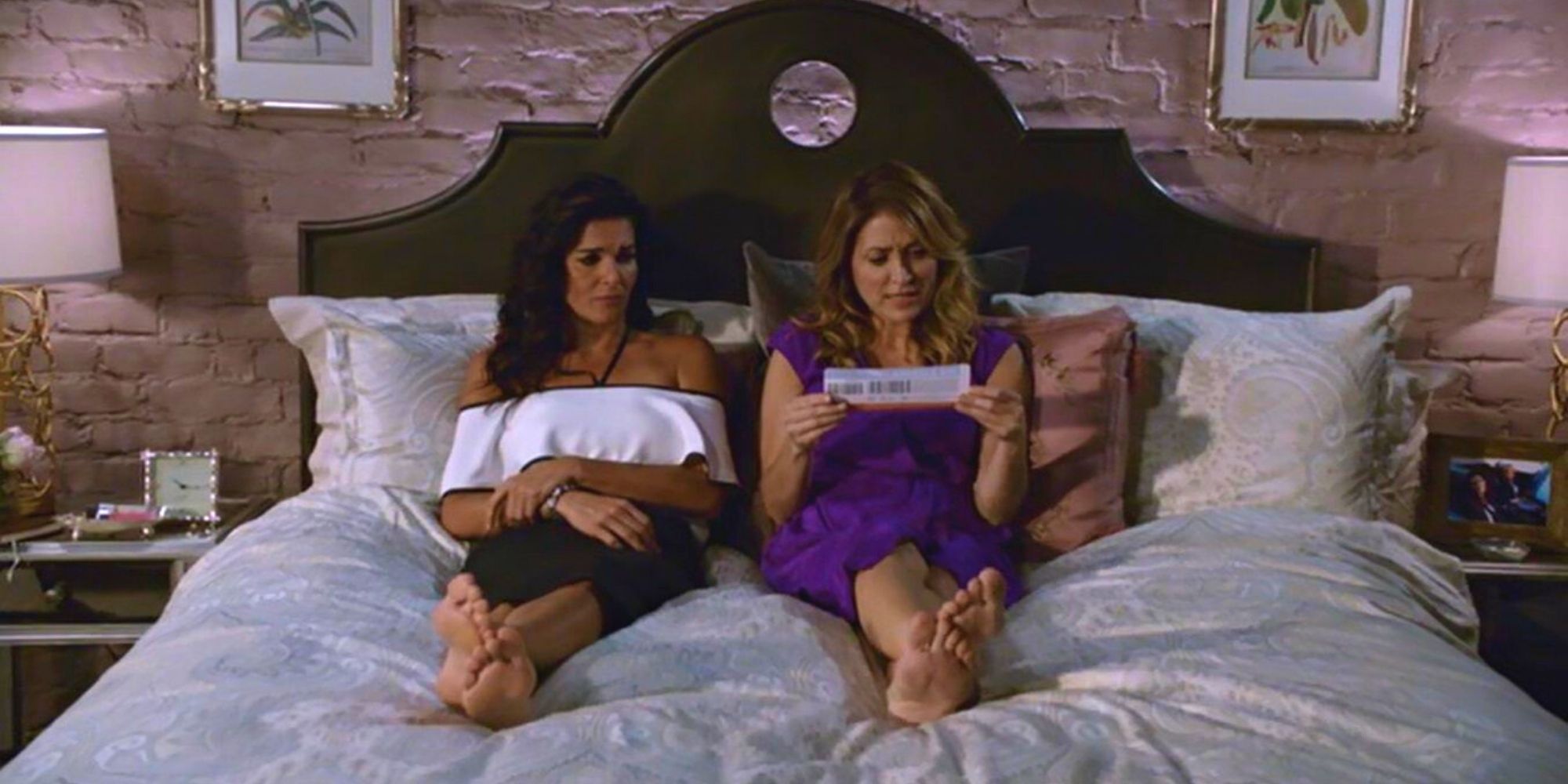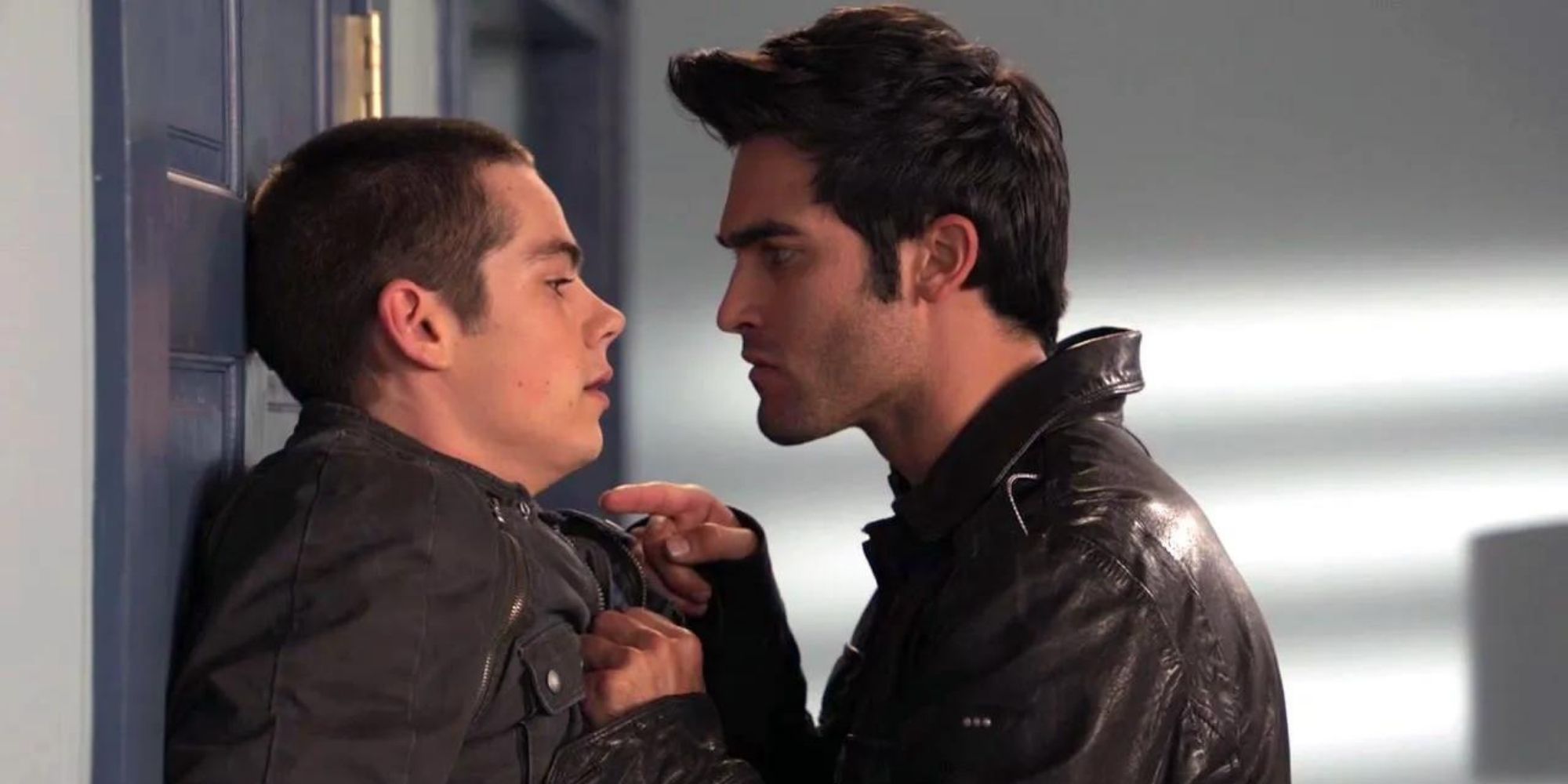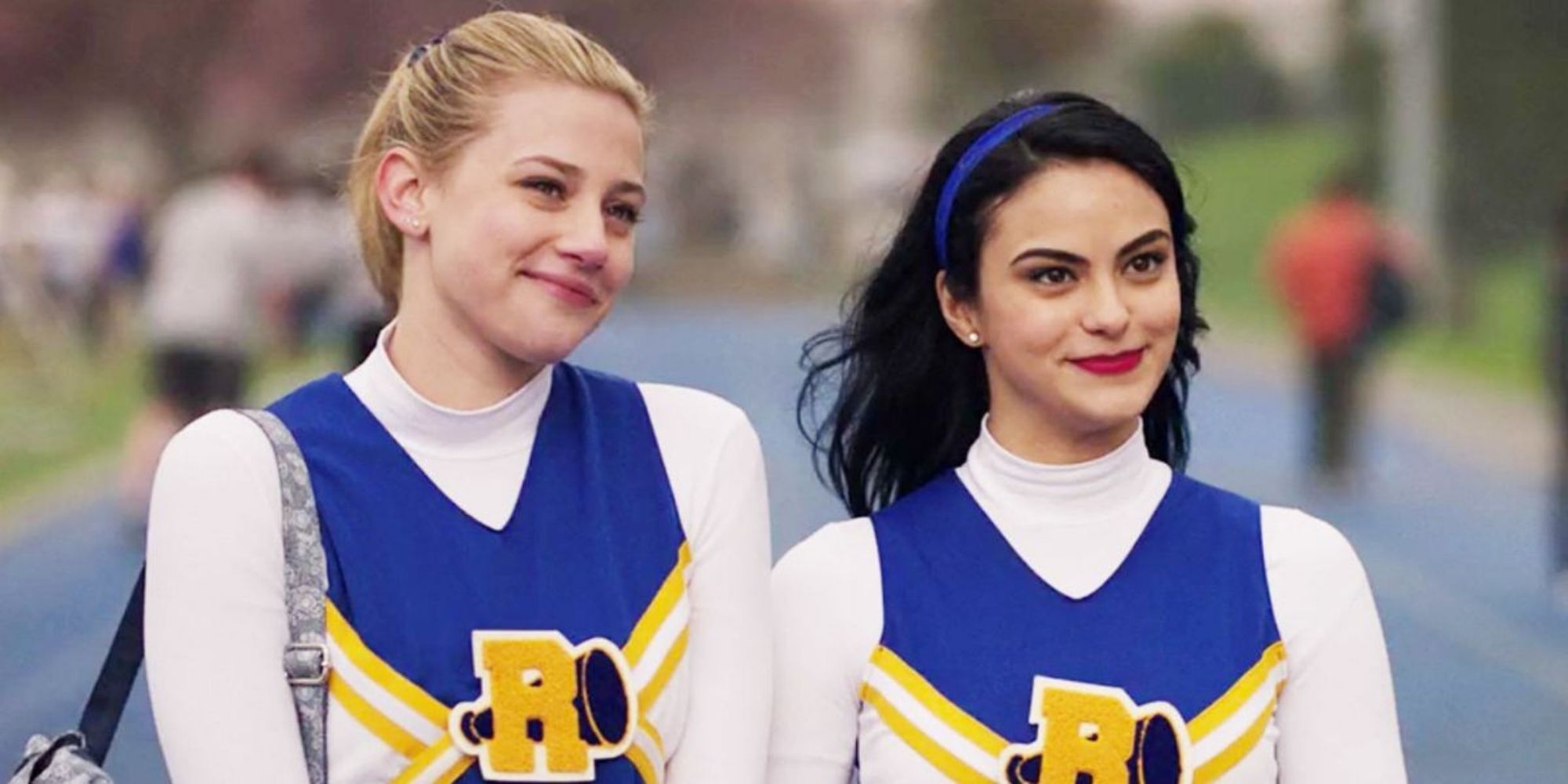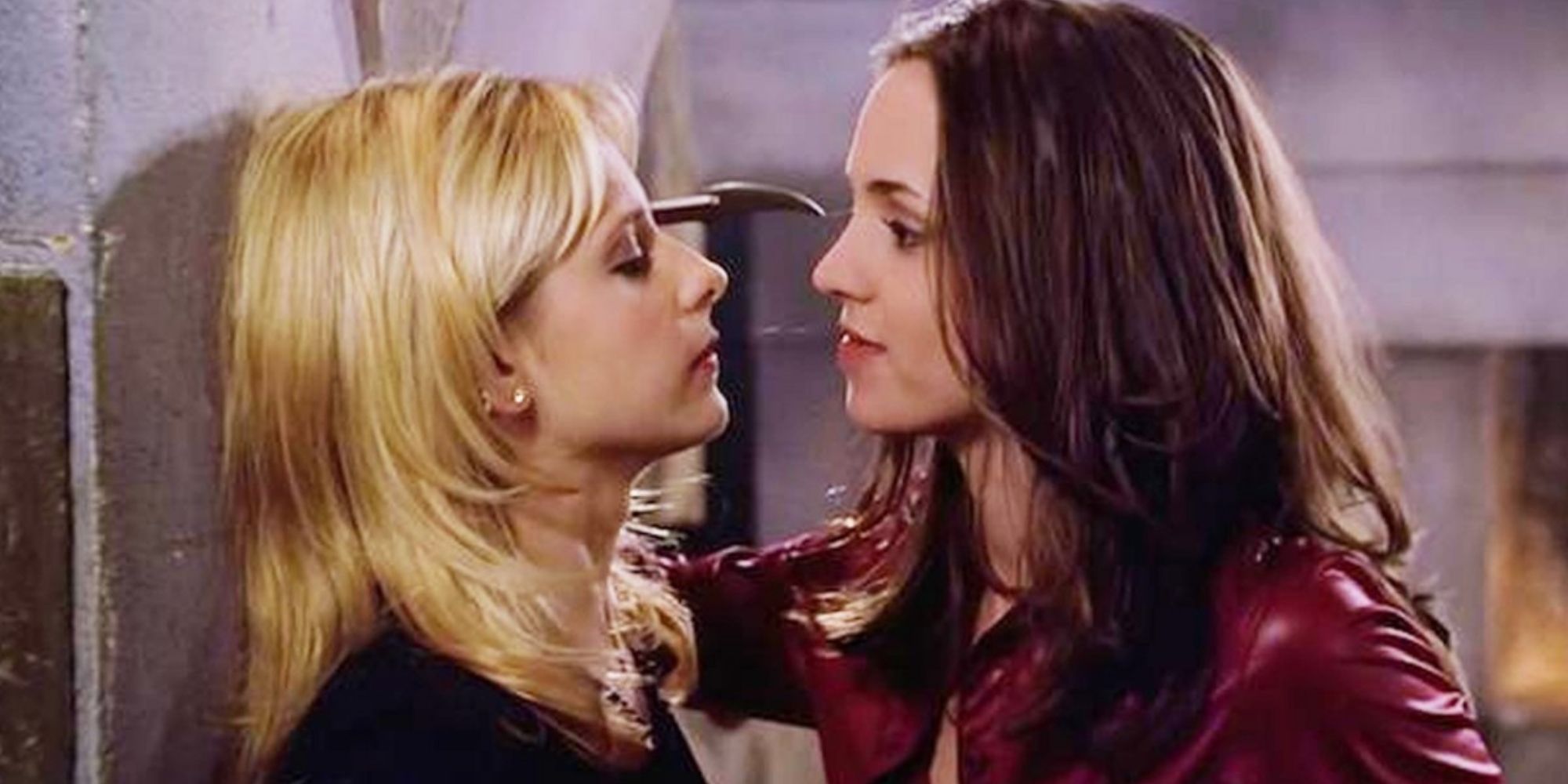With the recent success of TV shows like Heartstopper and Our Flag Means Death, queer representation onscreen opens up a new space for the LGBTQ+ community. However, not all TV shows are quick to solidify themselves in queer canon — and that’s where queerbaiting comes in.
A way of profiting from the queer community while never actually committing itself to queer representation, queerbaiting is a marketing technique where creators hint at but never actually confirm a character’s LGBTQ+ identity. As a result, these TV shows lead viewers on, intentionally leaving traces of queerness but failing at offering any form of genuine queer representation.
‘Stranger Things’ (2016 -)
Season three of Stranger Things introduced Robin (Maya Hawke) as the first LGBTQ+ character on the hit Netflix show. While her character is a newcomer to the Stranger Things cast, fans have looked into the potential of another queer character that has been with the show since season one — Will (Noah Schnapp).
Fans have named the ship between Mike (Finn Wolfhard) and Will “Byler.” Upon the release of Season 4, the cast and crew had hinted at confirming Will’s sexuality. But much to the dismay of fans, Will never came out in Season 4, even though there were plenty of opportunities for him to do so. While Will’s emotional speech in the van may allude to his true feelings for Mike, it's overshadowed by his speech reaffirming Eleven (Millie Bobby Brown) and Mike’s relationship. With one season left of the series, fans can only hope Will’s sexuality is explored further.
‘Sherlock’ (2010 - 2017)
BBC’s Sherlock spawned one of the most popular ships on television — “Johnlock.” As the cold and calculating detective Sherlock (Benedict Cumberbatch) opens up to John (Martin Freeman), their strange bond is often mistaken for something more than friends.
A common running joke throughout the series is characters mistaking John and Sherlock for a couple. Whether it's the restaurant manager thinking they’re on a date, their landlady Mrs. Hudson (Una Stubbs), overjoyed that Sherlock has found his other half or John’s string of girlfriends who feel as if they are competing with Sherlock for John’s attention — the show emphasizes their relationship dynamic but only ever for comedic effect.
‘The Falcon and Winter Soldier’ (2021)
Although “Stucky” — the ship name for Steve (Chris Evans) and Bucky (Sebastian Stan) — is one of the most popular fan ships in the Marvel Cinematic Universe, as the MCU moves into the next phase, a new pairing has appeared. With Sam (Anthony Mackie) taking up the mantle of Captain America, he has replaced the super soldier in more ways than one.
While Sam and Bucky got off a rocky start when they were first introduced in Captain America: The Winter Soldier, their Disney+ series takes a deeper dive into their relationship. The troubled pair attend couples therapy, where they interlock legs and “soul gaze” into each other's eyes to overcome the problems affecting their relationship. However, it is one of many queer-coded moments in the show that never transpires into anything more than a cheap comedic gimmick.
‘Community’ (2009 - 2015)
NBC’s Community, unfortunately, fell into the trap many comedies fall into — accusing someone is gay for the sake of comedy. As Pierce (Chevy Chase) would constantly tease Jeff (Joel McHale) for supposedly being gay, the show set a precedent for how it treats same-sex relationships — as something mocked.
Best friends Troy (Donald Glover) and Abed (Danny Pudi) were constantly mistaken as a couple by their study group — their closeness was seen as a point of humor. They’re the two closest characters in the study group. While their friendship evolved into the pair moving in together, even declaring their love through a Star Wars reference, their relationship was never explored further in the show’s six-season run.
‘Supergirl’ (2015 - 2021)
As the final season of Supergirl was released in 2021, fans were disappointed that what appeared to be a relationship had joined the ranks of TV queerbait. “Supercorp” is the ship name fans have given to the relationship between Kara (Melissa Benoist) and Lena (Katie McGrath).
Throughout the series, Lena opens up to Kara, and it becomes apparent they have more than a friendship. Kara flies around the world to bring Lena lunch from Paris, and Lena fills Kara’s office with flowers. If this show were about Superman instead of Supergirl, it would be undeniable that the two have romantic chemistry.
‘Rizzoli and Isles’ (2010-2016)
A classic "opposites attract" trope, detective duos are known for spawning unlikely relationships, such as Jake (Andy Samberg) and Amy (Melissa Fumero) from Brooklyn Nine-Nine. Rizzoli & Isles brings enterprising detective Jane Rizzoli (Angie Hamon) and the overly logical medical examiner Maura Isles (Sasha Alexander) together to solve crimes.
From their adorable bickering, complaining to each other about their inability to find a compatible partner — all while being completely compatible partners themselves, even going undercover as a couple in an episode, there is romantic chemistry between Rizzoli and Isles. The unlikely duo echoes the relationship dynamics of similar shows like Mulder (David Duchovny) and Scully (Gillian Anderson) in The X-Files or Bones (Emily Deschanel) and Booth (David Boreanaz) in Bones; however, unlike these TV series, Rizzoli and Isles are only ever seen as friends.
‘Teen Wolf’ (2011 - 2017)
Loosely based on the 1985 film of the same name, the MTV series Teen Wolf would have been the perfect opportunity to update the original for modern times. While the series boasts many LGBTQ+ side characters, the queerbaiting in Teen Wolf is found in the show’s leading ensemble — Stiles (Dylan O’Brien) and Derek (Tyler Hoechlin).
Stiles was hinted at being possibly bisexual throughout the show, constantly being flustered by his male classmates who jokingly made advances on him or his subtle moment of realization that he may be attracted to both guys and girls upon talking to the bisexual Caitlin (Zelda Williams). When the showrunners heard of the ship fans have dubbed as “Sterek,” they deliberately increased the flirtatious moments between Stiles and Derek insofar as having the two actors promote their show for the Teen Choice Awards while cuddling on a ship - pun intended. However, failing to go anywhere with the relationship proves that they only did this for viewership, not actual representation.
'Riverdale' (2017 -)
Adapting the Archie comics for the modern audience comes the darker CW show Riverdale. With this new take on the series came the first openly gay character in Archie Comics history, Kevin Keller (Casey Cott). While the show attempted to pave the way with representation, Riverdale contradicted its values from the first episode with Betty (Lili Reinhart) and Veronica (Camila Mendes).
During cheerleader tryouts, Betty and Veronica’s performance was criticized by Cheryl (Madelaine Petsch) for not bringing the heat to their routine. In response, Betty and Veronica fake a kiss in front of everyone. Coupled with the zoom-in and swelling music, the scene appears to be a big first kiss moment, but it never amounts to anything more than a moment of queer titillation in episode one.
‘Buffy the Vampire Slayer’ (1997 - 2003)
Part of the wave of late 1990s early 2000s television featuring strong female characters, Buffy the Vampire Slayer stood out with its LGBTQ+ representation. Buffy’s (Sarah Michelle Geller) best friend and sidekick Willow (Alyson Hannigan) comes out as gay in season four of the hit show.
While Willow’s relationships feature throughout the series, fans were disappointed by the showrunner’s lack of further exploring the explicit tension between two slayers, Buffy and Faith (Eliza Dushku). Their arc follows a classic enemies-to-lovers journey, with an actual kiss scene written in the script. However, the showrunners settled on a platonic forehead kiss in the final cut.
'Supernatural' (2005-2020)
As the longest-running CW show, Supernatural explored many relationships during its 15-season run. The one relationship that withstood going to hell and back was what fans had termed “Destiel” — Dean (Jensen Ackles) and Castiel (Misha Collins).
Their dynamic was coded as more than friendship, Castiel often calling Dean his favorite human and joking that their first meeting was “love at first stab.” The series finale cemented Destiel as canon, with Castiel professing his love for Dean moments before his death. However, it took 15 seasons to overcome its queerbaiting, and in its place, the show adopted another unfortunate LGBTQ+ trope — “bury your gays.”

